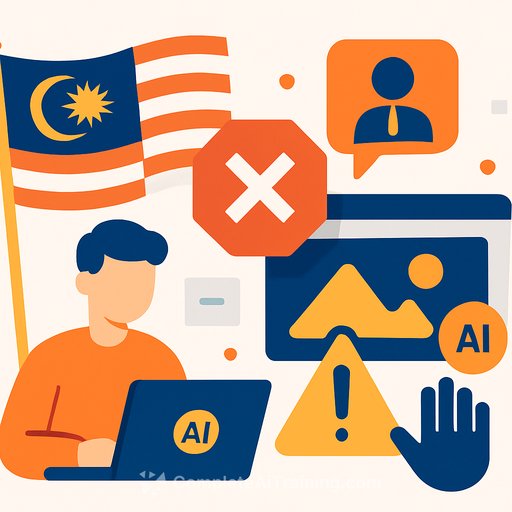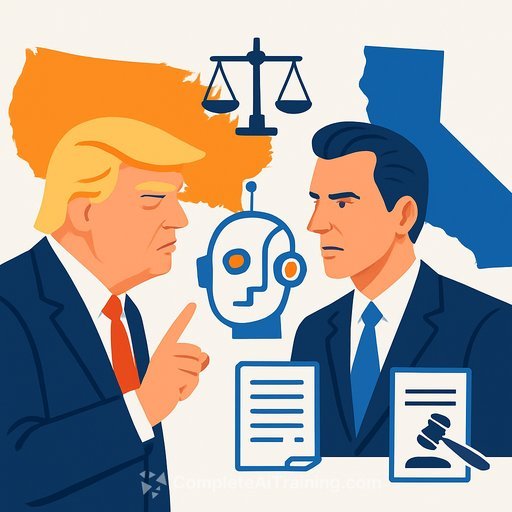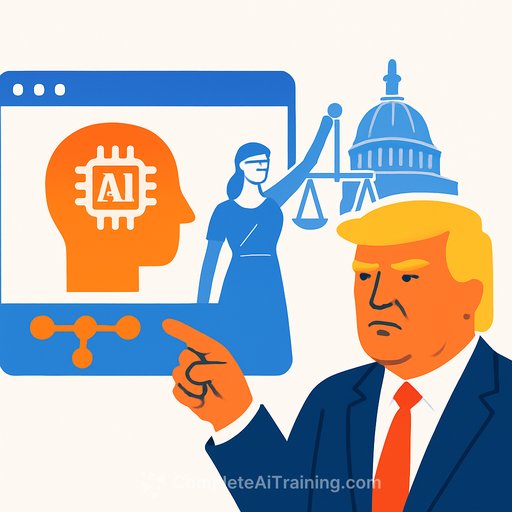Government Proposes Mandatory AI Content Labeling Under New Online Safety Act
The Malaysian government is considering a new regulation requiring artificial intelligence (AI)-generated content to be clearly labeled as "AI generated." This proposal is part of the upcoming Online Safety Act 2024, expected to be enforced by the end of the year. Communications Minister Datuk Fahmi Fadzil emphasized the importance of this step to counteract the misuse of AI, particularly on social media platforms where it can facilitate scams, defamation, and identity impersonation.
“We may consider this requirement, for example, under the Online Safety Act, which is expected to come into effect, Insya-Allah, by the end of this year,” Fahmi said at a press conference following the Institute of Public Relations Malaysia’s (IPRM) event YOU & AI: MEET@BANGSAR. He stressed that platforms should also take initiative in labeling AI-generated content proactively.
Collaboration and Regional Expansion
Several social media platforms have already started voluntarily labeling AI-generated content. The government is exploring options to extend this practice regionally through cooperation with ASEAN countries. This could help create a more consistent standard across borders, enhancing online safety and trust.
Addressing the Challenge of AI-Generated Fake Content
Concerns about the spread of fake videos and images created by AI remain high. Fahmi noted that no global regulatory framework currently satisfies all parties. Discussions are ongoing at international forums such as the United Nations and the International Telecommunication Union to determine responsibility for AI regulation.
“At both the UN and ITU levels, there is ongoing debate over who should be responsible for AI regulation,” Fahmi added. “At the national level, Parliament and ministries like the Ministry of Digital must lead, but every ministry also has a role in evaluating AI use within its area.”
AI’s Role and the Next Generation
Fahmi also highlighted that AI cannot fully replace human roles. He urged the younger generation, especially Gen Alpha, to grasp AI's advantages, challenges, and limitations as they grow up in a society increasingly influenced by AI technologies.
- AI content labeling may soon be mandatory under the Online Safety Act 2024.
- The government aims to prevent AI misuse such as scams and identity impersonation.
- Regional cooperation within ASEAN is being considered to standardize labeling practices.
- International discussions continue on responsibility and regulation of AI-generated fake content.
- Human roles remain essential; younger generations should be educated on AI’s impact.
For professionals in legal, public relations, and communications fields, this development calls for close attention to compliance requirements and proactive communication strategies. Understanding AI’s evolving role in content creation and dissemination will be crucial for managing risks and maintaining credibility.
To deepen your expertise in AI and its implications for communication and regulation, explore relevant courses at Complete AI Training.
Your membership also unlocks:










